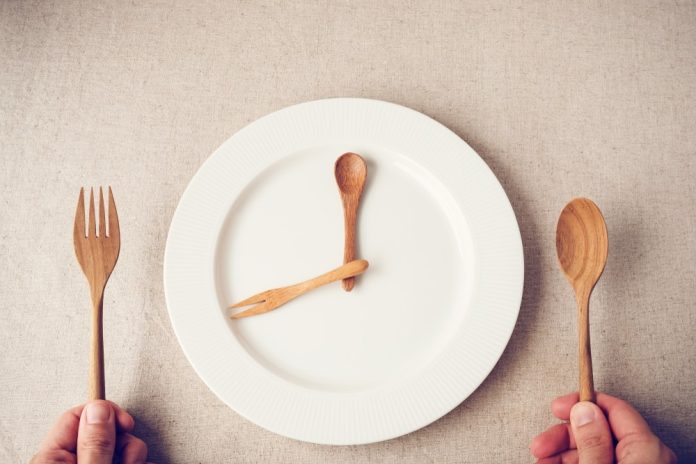Weight loss is a challenging subject to cover. There are thousands of different techniques, exercises regimes and diets out there, all claiming to improve your chances of fast, effective and long-term weight loss. In actuality, losing weight is a very personal process which depends on your body type, body chemist and fitness goals, meaning that everyone requires something a little different to burn fat and get toned.
In this post, we want to explore some of the most popular weight loss diets out there and explore them further, highlighting their advantages, how they work and their disadvantages so that you can make a decision on what to try for yourself. Remember that what might work for one person may not work for you, but that’s no reason to give up on your fitness journey. If you want to lose weight then you can – it just takes discipline and dedication.
Table of Contents
Intermittent Fasting
To start with, we will look at fasting. Fasting has been a part of human culture for thousands of years and often plays a role in religious practices. Most notably, in Islam, Muslims fast for a whole month during the daylight hours of Ramadan. However, fasting isn’t just a symbolic tool of worship, it’s also an effective weight loss technique for many.
Intermittent fasting can come in a variety of forms. Some choose to fast (or limit calorie intake) during two days of the week, whilst they eat normally for the rest of the weak. Others choose to restrict calorie intake throughout the day but eat a lot at night and others keep all of their eating within an 8-hour period, leading to 16 hours of fasting each day.
All of these systems can work. Fasting works because it limits your calorific intake, with studies showing that it can also increase your metabolic rate in the short term, meaning you can keep the weight off as your body turns more food into energy rather than storing it as fat. These advantages are alongside reduced blood sugar and cholesterol levels.
Fasting isn’t perfect though. In particular, it’s not suitable for those who are malnourished, breastfeeding mothers or those sensitive to drops in blood sugar.
Low-Carb Diets
Low-carb diets have long been talked about as an effective weight loss technique. Usually, low-carb diets involve limiting carbohydrate intake to a set amount of grams per day, fitness regime and goals. Alongside this, unlimited protein and fat is emphasized to maintain energy levels throughout the day which would usually be generated through eating carbohydrates.
It’s been found that low-carb diets are particularly effective for those who are severely overweight or obese and can be an excellent way of targeting that hard-to-burn belly fat. Additionally, low carbohydrate intake can reduce appetite and in turn, naturally reduce calorie intake which further helps lose weight. The main downside is that these diets have a varying effect on different people. Some feel sad and tired throughout the diet, whilst others feel energised and ready for the day ahead.
Regardless, this is one you may want to try out and if it doesn’t work out, you can move to a different technique.
Vegan Diets

Finally, we have to look at one of the biggest trends of the last decade – veganism. Veganism is usually considered a lifestyle choice rather than a weight loss technique but vegan diets have been shown to impact weight loss, so you might want to consider trying one.
Vegan diets remove all animal-derived products from your diet, which can massively reduce fat intake whilst improving fibre consumption. This helps ensure you feel fuller for longer despite consuming fewer calories than a traditional diet.
The main issue with veganism is that unless carefully considered, it can be easy to miss out on many of the nutrients, vitamins and minerals primarily found in animal-based products. There are alternatives out there to replace what is lost but it will require some additional research.
Hopefully, this has inspired you to explore some of the weight loss diets out there and try them before you dismiss them. Again, everyone is different what works for others may not work for you. Be dedicated and explore your options to truly find the technique which suits your lifestyle and goals.




